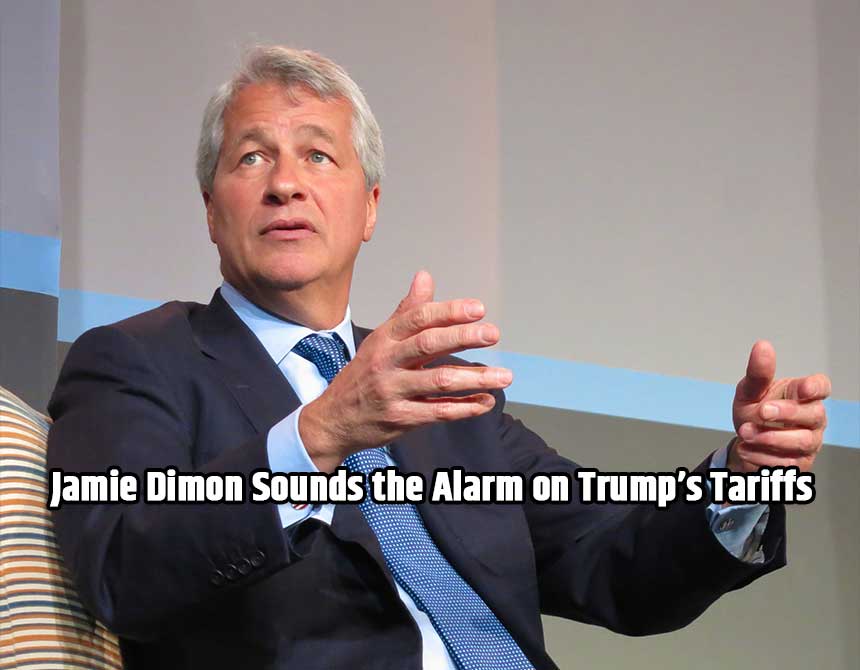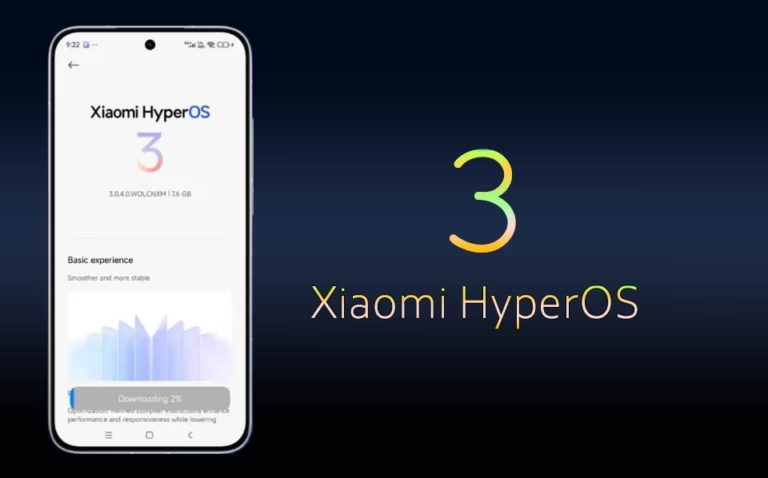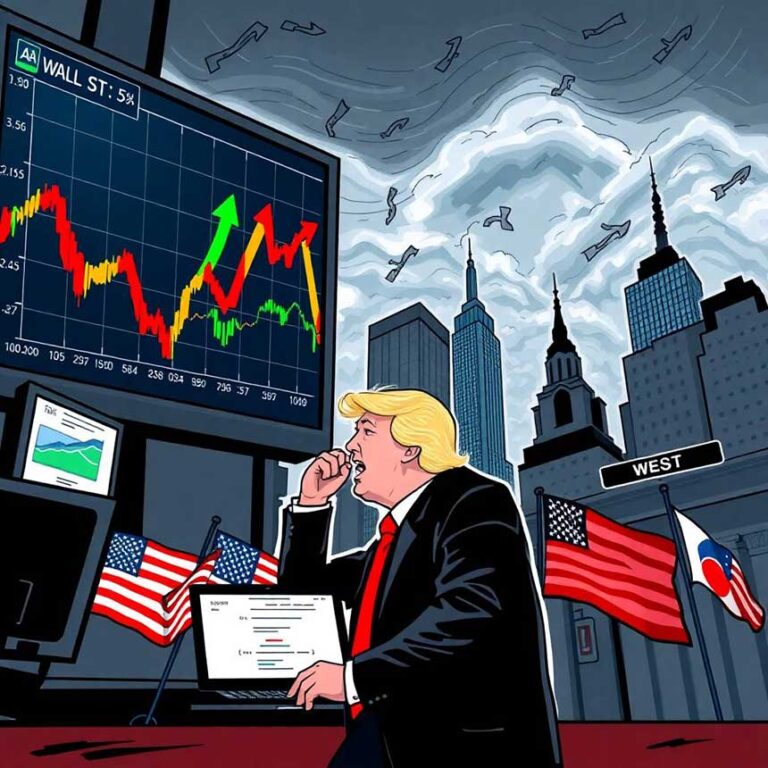Jamie Dimon Sounds the Alarm on Trump’s Tariffs and What’s Next for the Economy

JPMorgan Chase’s straight-talking CEO, Jamie Dimon, isn’t one to sugarcoat things. In his latest letter to shareholders, he took a hard look at President Donald Trump’s newest tariff proposals and didn’t hold back. Dimon’s remarks broke through the background hum of Wall Street and raised concerns about the potential effects of these trade decisions on inflation, growth, and the overall state of the economy.
Table of Contents
ToggleTariffs Could Make Everything More Expensive
What does Dimon think? Costs may skyrocket as a result of the tariffs that Trump implemented on April 2, 2025. From imported goods to homegrown products, prices might climb as demand shifts and supply chains adjust. That’s bad news for inflation, which could dig in its heels and stick around longer than we’d like. For regular folks, it’s simple: groceries, clothes, and basics could stretch wallets even thinner.
Growth Could Stall Out
The U.S. economy was already showing signs of a slowdown before these tariffs hit the stage, and Dimon’s worried they’ll make things worse. He’s not calling it a recession—yet—but he’s clear that the extra weight of trade barriers could drag things down. Think of it like a car losing speed on a steep hill; these policies might just make the climb tougher.
A Wall Street Heavyweight Breaks the Silence
Dimon’s not just any voice—he’s the first big-name Wall Street leader to call out Trump’s tariff game plan so directly. With markets reeling from their roughest week since the COVID chaos, investors are paying attention. His critique marks a shift: tariffs aren’t just a far-off political talking point anymore—they’re a real concern for the financial world.
Quick Pain, Lingering Doubts
Sure, Dimon gets that tariffs might have a strategic upside, like flexing muscle in trade talks. But he’s quick to point out the downsides: higher prices, snarled supply chains, and rocky ties with other countries. He likens it to piling one too many straws on a camel’s back—something’s got to give, especially when the economy’s already wobbly.
A Change of Tune
Earlier this year, Dimon seemed okay with tariffs as a way to boost national security. But Trump’s latest moves—bigger and bolder than before—have him rethinking things. Now, he’s more focused on the chaos they could unleash: unpredictable costs, slimmer profits, and jittery markets.
Are We Missing the Warning Signs?
Even with stocks dipping lately, Dimon thinks investors might be too rosy about what’s ahead. Brushing off the risks of a slowdown could backfire if tariffs keep throwing wrenches into global trade and consumer budgets. Optimism’s great—until it’s not.
It’s Bigger Than Just Tariffs
Dimon’s not stopping at trade policy. He’s got his eye on a messier storm brewing: ballooning deficits, global tensions, sticky inflation, and too much leaning on government cash. Toss in some shaky decision-making, and you’ve got a recipe for trouble that could rattle the economy hard.
Why Dimon’s Worth Listening To
This isn’t just some random hot take. Dimon’s been steering America’s biggest bank for almost 20 years, with a front-row seat to how markets and economies tick. He’s all for tweaking trade rules and cutting red tape, but he wants it done smartly—think teamwork and foresight, not knee-jerk moves.
The Bottom Line: Strength Without Walls
Wrapping up, Dimon’s got a clear message: the U.S. should stand tall but not shut itself off. “America First can work,” he argues, “but only if we don’t end up alone.” He’s pushing for policies that build up the economy without burning bridges abroad.
With Trump’s tariffs now in play, everyone—markets, lawmakers, CEOs—is watching to see what sticks. If Dimon’s hunch is on the money, 2025 might just be a make-or-break moment for where the U.S. economy’s headed.








